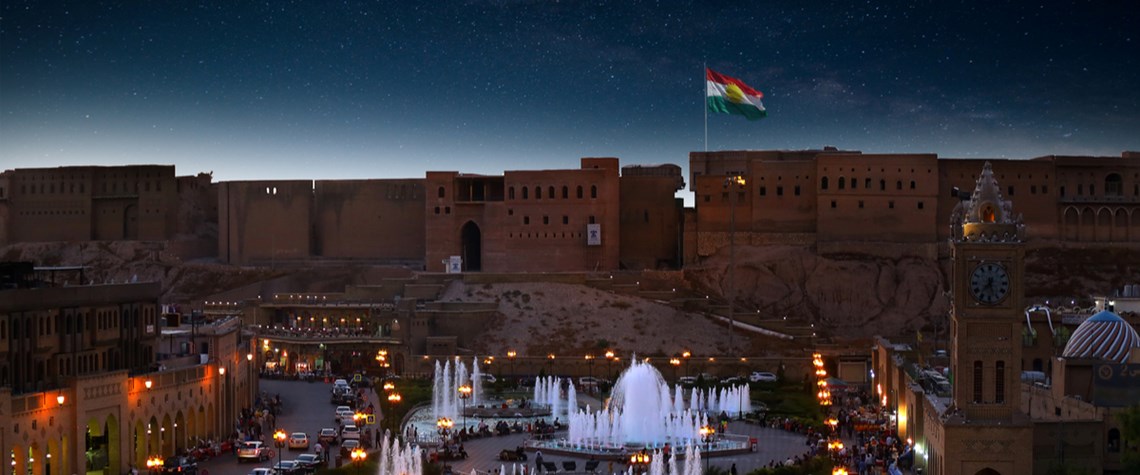KRG craves 2022 stability
Having benefitted from improved oil prices and better relations with Baghdad in 2021, Erbil is looking for more of the same
Last year saw welcome stability for Iraqi Kurdistan’s oil sector as it recovered from Covid-related oil price volatility. While some of the thornier issues around oil sales persist, the Kurdistan Regional Government (KRG) benefitted from higher oil prices and regular payments from Baghdad, enabling it to clear a significant portion of its arrears to international operators for missed payments between November 2019 and February 2020. Despite this economic improvement, production levels were largely unchanged from 2021, at c.450,000-460,000bbl/d. But exploration and development efforts could bear fruit in 2022. In the view of Russian emerging markets-focused investment bank Renaissance Capital

Also in this section
25 July 2025
Mozambique’s insurgency continues, but the security situation near the LNG site has significantly improved, with TotalEnergies aiming to lift its force majeure within months
25 July 2025
There is a bifurcation in the global oil market as China’s stockpiling contrasts with reduced inventories elsewhere
24 July 2025
The reaction to proposed sanctions on Russian oil buyers has been muted, suggesting trader fatigue with Trump’s frequent bold and erratic threats
24 July 2025
Trump energy policies and changing consumer trends to upend oil supply and demand








